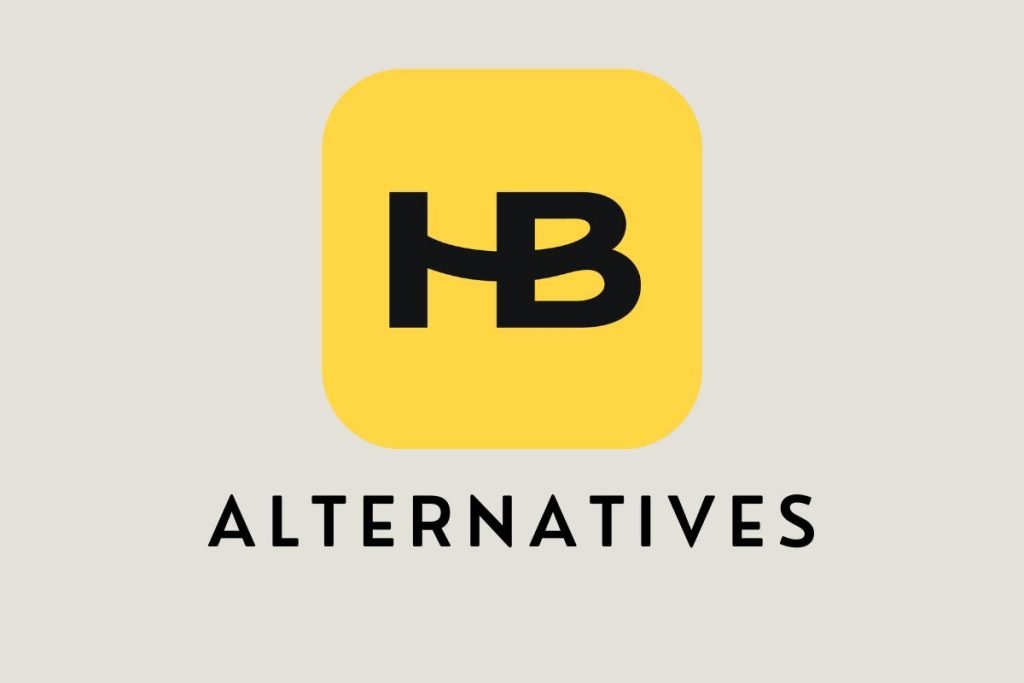If you’re a freelancer, small business owner, or agency professional, you’ve likely heard of HoneyBook. It’s a popular all-in-one platform that simplifies client management, invoicing, contracts, and project workflows. But as your business grows, or your needs shift, you may find HoneyBook isn’t the perfect fit.
Perhaps the pricing doesn’t align with your budget, or you need features that HoneyBook doesn’t offer. Whatever the reason, exploring HoneyBook alternatives is a smart move. But with so many platforms claiming to do it all, how do you decide which one is right for you?
Here’s a framework for evaluating HoneyBook alternatives, focusing on five key factors: cost, features, scalability, user experience, and integrations. Following this approach will help you make an informed decision that meets your current needs and future growth.
1. Cost: Finding a Solution That Fits Your Budget
Budget is often the first consideration for freelancers and small business owners. HoneyBook’s subscription plans have increased over the years, which can feel restrictive for businesses just starting out or operating on lean budgets.
When evaluating HoneyBook alternatives, consider not just the monthly or annual subscription fee, but also what is included in each plan. HoneyBook’s standard pricing starts at around $390 per year for its core package. While this may be reasonable for established businesses, smaller teams or solo professionals may find it limiting. Beyond the subscription, factor in setup costs, transaction fees, and limits on client numbers.
Some alternatives charge per user or per client, while others provide unlimited access within certain tiers.
For example:
- Simply.Coach: Ideal for coaches, consultants, and service-based professionals. It offers client management, goal tracking, and invoicing at an affordable starting price.
- Cone: An all-in-one platform for proposals, contracts, invoicing, and CRM, starting at just $8 per user/month, making it accessible for small teams and solopreneurs.
The takeaway: a cost-effective platform balances affordability with the features you actually need, without hidden fees or unnecessary add-ons.
2. Feature Set: Ensuring Your Platform Covers Core Needs
The next factor is the range and depth of features. Your platform should cover core operations such as client management, scheduling, contracts, invoicing, and workflows. But it should also address the unique requirements of your business.
- Dubsado: Highly flexible, Dubsado allows branded forms, automated workflows, and detailed client portals. It’s perfect for businesses with complex processes or niche workflows.
- Simply.Coach: Designed specifically for coaches, this platform goes beyond typical CRM tools with action plans, progress tracking, goal setting, and private client notes.
- Productive: Suited for growing agencies and service teams, offering project management tools, budgeting features, and resource planning.
When comparing alternatives, list your must-have features and match them against each platform. Look for tools that automate repetitive tasks, integrate with other tools you use, and provide a seamless experience for your clients. The goal is to simplify your work, not add extra steps.
3. Scalability: Planning for Growth
Your business today might be small, but it’s likely to grow. Scalability is a key factor when exploring HoneyBook alternatives. A platform that works for a solo coach may not support a growing team or larger client base.
Platforms like Simply.Coach are designed with scaling in mind. They support multi-user access, white-label options, service catalogs, and more, making it easier for agencies or growing businesses to manage operations without switching systems.
Meanwhile, tools like ClickUp or Monday.com offer highly customizable workflows that can adapt as your team grows. They integrate project management, task tracking, and collaboration tools in ways that scale seamlessly, supporting teams of any size.
Choosing a scalable platform ensures that your investment remains valuable over time and prevents your business from outgrowing the software too quickly.
4. User Experience and Support
Even the most feature-rich platform is ineffective if it’s hard to use or lacks reliable support. HoneyBook has received mixed reviews regarding its user interface and customer service, which can be frustrating for users who need quick solutions or onboarding assistance.
Alternatives like Simply.Coach and Copilot prioritize usability. Their intuitive interfaces, streamlined workflows, and responsive support teams make adoption smoother.
When evaluating platforms, check for demo videos, trial options, and user reviews. These insights will help you gauge how easy the platform is to adopt and how quickly issues can be resolved.
5. Integration and Automation
In today’s business environment, platforms rarely operate in isolation. Your chosen software should integrate with the tools you already use, email, calendars, accounting software, marketing platforms, and automate repetitive tasks where possible.
ClickUp offers robust automation and integration features that reduce manual data entry and streamline task management.
When reviewing HoneyBook alternatives, consider how each platform fits into your existing ecosystem. The easier it is to integrate, the smoother your operations will run.
Practical Tips for Choosing a HoneyBook Alternative
Here’s a step-by-step approach to make the decision easier:
- List Your Priorities: Identify the most critical functions your business needs—be it client management, invoicing, automation, or team collaboration.
- Set a Budget: Decide how much you’re willing to invest, including potential add-ons or transaction fees.
- Shortlist Platforms: Based on cost and core features, narrow your choices to 3-5 platforms.
- Test the Platforms: Most tools offer free trials. Use this time to test workflows, integrations, and user experience.
- Evaluate Support and Community: A strong support system and active user community can save you headaches in the long run. Look for platforms that provide documentation, tutorials, and responsive customer support.
- Consider Future Growth: Choose a platform that can grow with your business. Avoid tools that may require you to migrate once your client base expands.
The Bottom Line
Selecting the right HoneyBook alternative can have a lasting impact on your business efficiency, client satisfaction, and growth potential. By evaluating platforms based on cost, features, scalability, user experience, and integrations, you can make a choice that aligns with both your current needs and future goals.
Popular alternatives include Simply.Coach, Dubsado, Cone, and ClickUp. Coaches will likely prefer Simply.Coach, while agencies with more complex projects may choose Dubsado or ClickUp.
Ultimately, the best platform saves time, streamlines client management, and supports growth without unnecessary complexity or cost. Take advantage of free trials, demos, and user reviews to ensure your decision is a long-term solution.






